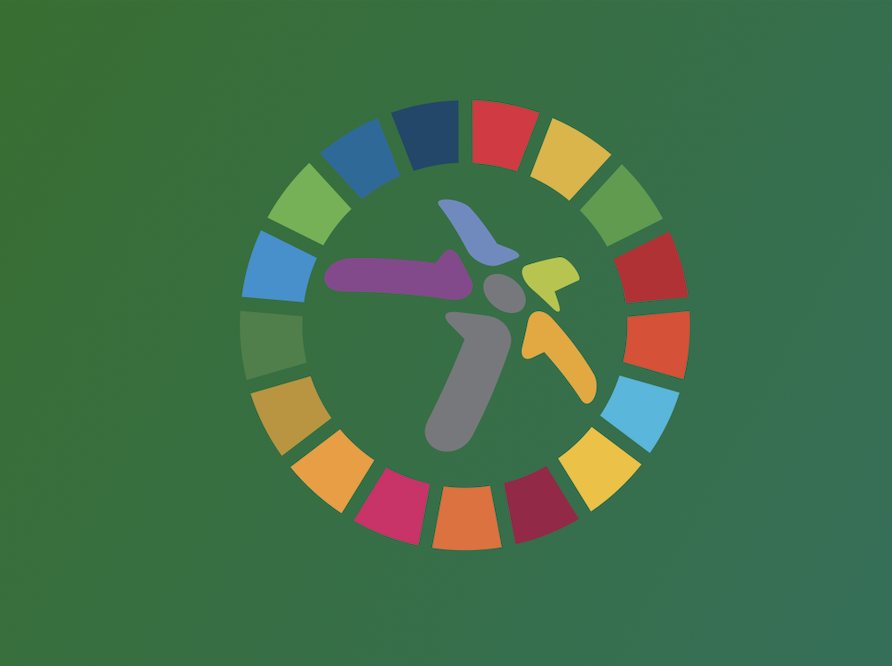CSW69/Beijing+30 Side-Event: Accelerating Gender Equality in the Digital Age: Leveraging WSIS+20 Milestones and Beyond
19 March | UN Headquarters, New York
Co-sponsors: ITU, WSIS, Government of the Netherlands, Government of Norway, UN WOMEN, FAO, BBVA Microfinance Foundation, Women At the Table, WomenVAI
Thank you for the opportunity to speak at this CSW69/Beijing+30 side event on accelerating gender equality in the digital age.
Women At The Table has been at the forefront of advocating for gender equity in AI and technology by championing a fundamental paradigm shift: moving beyond merely identifying problems to actively co-creating solutions that harness technology for equality outcomes. And we must plus one on both gender mainstreaming and a stand alone gender action line in WSIS. We work primarily on Gender & AI looking towards making the tools for this and the next century.
Our vision of Feminist AI – defined as “artificial intelligence harnessed to deliver equality outcomes, designed with inclusion at the core, creating new opportunities for proactive, innovative correction of inequities” – drives all our work.
This approach isn’t just morally right – it produces more innovative, effective technologies. Let me share some concrete examples of how this co-creation approach yields superior results:
In Manila, Philippines, our SafeHER initiative demonstrates the power of centering women’s experiences in technology development. With 80% of women commuters in Manila reporting harassment or sexual assault, an AI-driven transit safety app was urgently needed. But rather than imposing a solution, a team led by a philosophy professor worked directly with women commuters, then transit authorities, and then government units to create a system that merges defensive functions with collective action. The result isn’t just a safety app – it’s a community-powered platform that transforms public space through technology. This approach has been recognized in the peer-reviewed Journal of Transportation Security precisely because its collaborative methodology produced solutions that top-down approaches missed.
Similarly, E.D.I.A. in Argentina shows how democratizing technology creates more innovative approaches to bias detection. Two female computer science professors collaborated with a civil society organization to develop tools that identify biases in natural language processing in Latin American Spanish. What’s revolutionary about this approach is how they’re taking sophisticated technology and putting it directly into community hands – now training 500 high school teachers to build locally-relevant datasets representing Argentine stereotypes and biases with their students. This project has now secured Mozilla Data Futures Lab funding because its community-centered methodology represents the cutting edge of responsible technology development.
Our AymurAI initiative in Latin America further demonstrates how feminist AI strengthens institutional accountability. Working directly with a criminal court in Buenos Aires, this system anonymizes judicial documents to collect and analyze data on gender violence cases. By bridging the gap between feminist NGOs and judicial institutions, this technology is now recognized in UNESCO’s toolkit on AI and the rule of law, and is expanding throughout Argentina and Mexico.
These successful initiatives share crucial characteristics that point to a new approach for technology development:
First, they involve multidisciplinary teams – not just technologists, but social scientists, domain experts, and community members collaborating throughout the process.
Second, they implement human rights-based approaches and design justice principles that ensure the technology serves rather than exploits communities.
Third, and perhaps most importantly, they demonstrate that when we co-create with affected communities – especially women and girls – we build more robust, effective systems that actively strengthen human rights rather than undermine them.
Our <AI & Equality> Human Rights Toolbox further systematizes this approach, providing frameworks that integrate human rights considerations across the entire AI lifecycle. This isn’t just about compliance – it’s about proactively creating systems that center human rights, equality, and inclusion at the core of code.
As we look toward WSIS+20 milestones and beyond, we must recognize that the Feminist AI approach we’ve pioneered isn’t just about preventing harm – it’s about unleashing innovation. When we bring diverse voices to the table, we don’t just get more fair systems – we get better systems, capable of addressing problems in ways that homogeneous teams simply cannot imagine.
These initiatives demonstrate that technology co-created through a feminist lens drives innovation precisely because it challenges us to reimagine our systems from the ground up. We’re not tweaking existing approaches – we’re creating entirely new methodologies that can help us address longstanding social challenges.
The future of gender-equitable AI isn’t just aspirational – it’s achievable when we invest in feminist approaches to technology development that genuinely empower communities. By harnessing our largest untapped intellectual resource – women and girls worldwide – we can build systems that not only avoid reproducing historical biases but actively create new opportunities for those who have been historically marginalized. To do this we will need to further mainstream gender throughout the WSIS action Lines and to create a new action line in gender.
This is how we ensure we leave no one behind. And this is how we move forward together.
Thank you.

